25 June 2024
Regrettably, the IMBIZO7 Conference has been canceled due to unforeseen circumstances. The information previously provided on this page is no longer applicable.
IMBIZO7 Workshop Co-Convenors
Workshop 1: Eutrophication pathways and synergies – ‘too much business as usual’ knowledge gathering about threats
Co-convenors: Dongyan Liu, Badr El Mahrad, Peter Thompson, Violeta Cabello
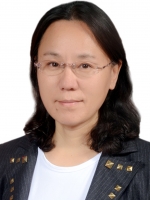
Dongyan Liu
Dongyan Liu is from the East China Normal University in Shanghai. Her research focus is the regime shift of marine algal communities and harmful algal blooms in coastal waters, and the forcing mechanisms resulting from climate change and eutrophication. She is the 2023 Ruth Patrick Award recipient for her green tide research in the Yellow Sea.
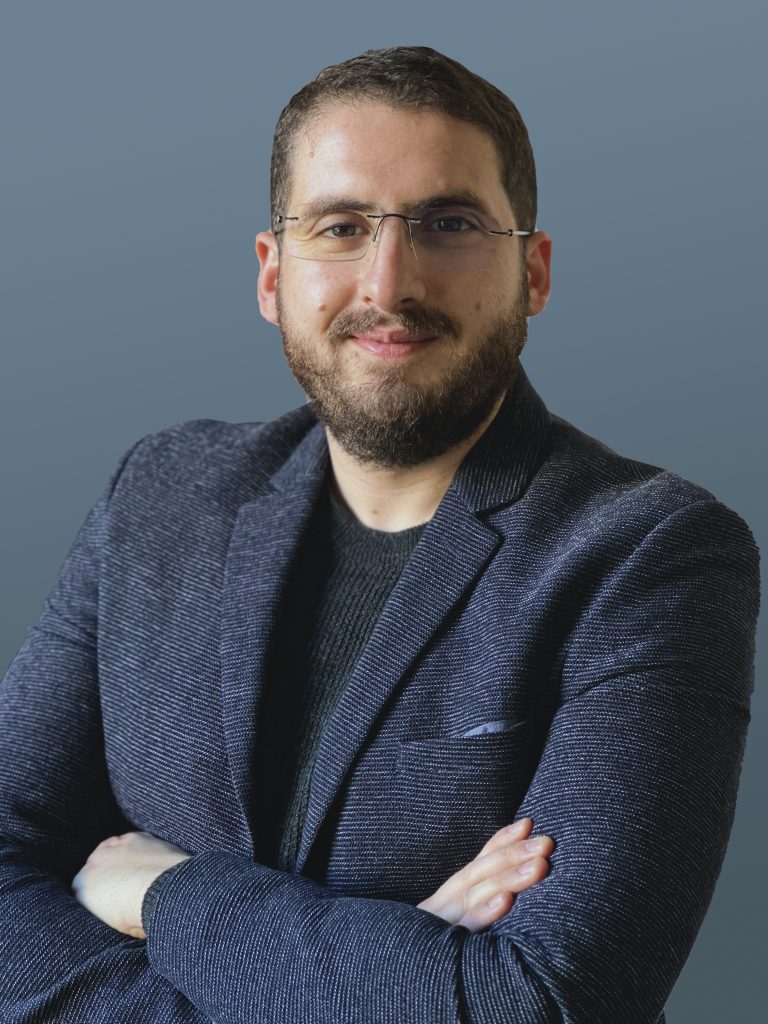
Badr El Mahrad
Badr El Mahrad is an environmental scientist Postdoc researcher at the Centre for Marine and Environmental Research (CIMA) at the University of Algarve in Portugal. His research interests include environmental and water management, sustainability, social-ecological approaches, eutrophication, phosphorus dynamics in coastal and marine ecosystems, climate change, remote sensing, and data science. Badr’s PhD was in Geosciences, Environment, and Sustainability. He is a Board member of the Scientific Association for Water Information and Sustainability (SAWIS), a member of the Lagoons4life Network, and a Young Ambassador representing Morocco at the BlueMed Initiative.
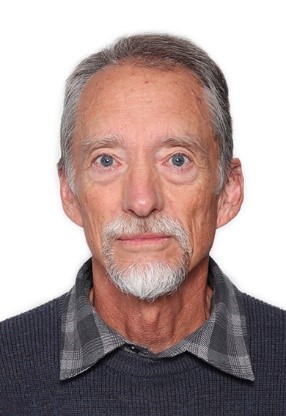
Peter Thompson
Peter Thompson has been a phytoplankton physiologist, ecologist and a biological oceanographer for over four decades. He led CSIRO’s national engagement to develop the first 11 national marine protected areas (MPAs) around Australia and 14 State MPAs. His research established methods used by various agencies to monitor the ecological status of the coastal zone. He was the first Node Leader for Australia’s Integrated Marine Observing System (IMOS) in Tasmania developing a coordinated and inclusive plan for marine observing. He led, developed or participated in many research projects in Canada and Australia, with outputs focused on improving our understanding of marine ecosystems and promoting more sustainable development. Some scientific outputs were published (H index >50). Peter participated in working groups (SCOR WG 137, UN IOC TrendsPO, IGMETS) and the Intergovernmental Panel on Harmful Algal Blooms. Peter was awarded the UN-IOC medal for oceanography in 2019.
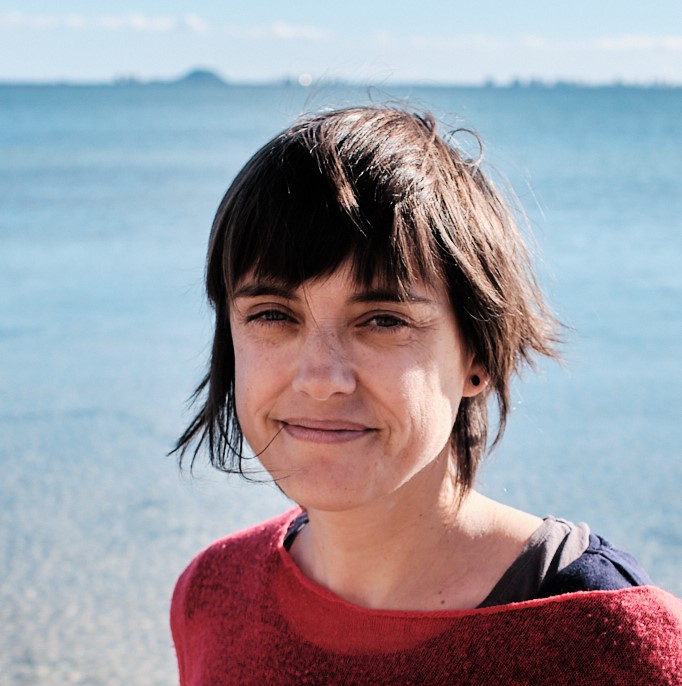
Violeta Cabello
Violeta Cabello is a multidisciplinary environmental researcher at the Basque Center for Climate Change in Spain, focusing on how knowledge co-production can contribute to the transformation of societal polarisation due to ecological loss and transition policies. She recently undertook a participatory research process around the conflict of eutrophication of the Mar Menor Lagoon (Murcia, Spain), the first ecosystem to be recognised as a ‘legal person’ in Europe. She analysed how the conflict is manifested in public controversies, uncertainty, socio-political and territorial polarization together with associated collective emotions, and explored how these processes impede the possibilities for effective public action. This study was published in Ambio (Cabello, Violeta & Marcela Brugnach. 2023. Whose Waters, Whose Nutrients? Knowledge, Uncertainty, and Controversy over Eutrophication in the Mar Menor. Ambio 52, pages 1112–1124. 10.100 7/s13280-023-01846-z.)
Workshop 2: A framework for development of social-ecological models of transformative change for sustainable ocean management
Co-convenors: Thorsten Blenckner, Marion Gehlen, Hicham Masski, Kelly Ortega-Cisneros, Lynne Shannon
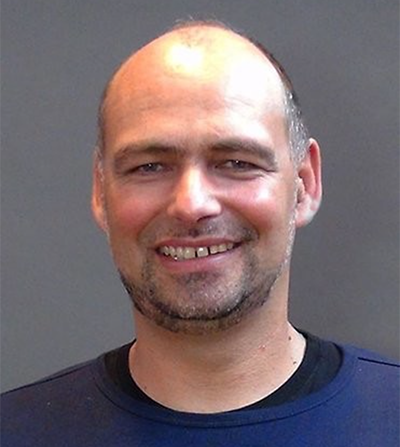
Thorsten Blencker
Thorsten Blenckner´s research vision is to contribute to a sustainable world by advancing and integrating science using quantitative approaches in a social-ecological system context. Blenckner holds a MSc in Biology and a PhD and docent in limnology. He is leading or involved in many international projects, such as the EU project COMFORT on climate-induced tipping points, the Baltic Health Index and a FORMAS project on cumulative impacts in the Baltic Sea.
Blenckner has published over 70 peer-reviewed articles in natural and interdisciplinary science journals. He is a Visiting Fellow of the National Center for Ecological Analysis & Synthesis (NCEAS) University of California, US. Since January 2021, he has been a member of the European Marine Board of coastal resilience and the IMBeR Science Steering Committee.
His current research is developing and using advanced quantitative analysis and modelling tools to analyse the dynamics of marine systems. Blenckner focuses on further developing theoretical thinking of resilience, tipping points, novelty and ocean health through quantitative analysis of system responses to changes in climate and human activities.
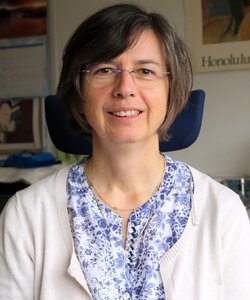
Marion Gehlen
Marion Gehlen is a marine biogeochemist with 25 years of research experience in marine biogeochemistry. She holds a PhD in Earth Sciences from the Free University of Brussels (1994) and the ‘Habilitation à Diriger des Recherches’ from Université Pierre et Marie Curie (2007). She leads the research group on “Modeling the Earth’s Response to Multiple Anthropogenic Interactions and Dynamics” at LSCE. Her research focuses on understanding and projecting changes in marine biogeochemical cycles and ecosystems in response to climate change and ocean acidification. Marion has been a lead scientist in large-scale EU projects focused on the marine carbon cycle (CarboOcean, CarboChange) and ocean acidification (EPOCA). She acts as an expert for marine biogeochemistry at Mercator Océan, the French national centre of operational oceanography. She also co-chairs of the GODAE OceanView task team on “Marine Ecosystem Analysis and Prediction (MEAP)”, where she actively promotes the dialogue between scientists and end-users.
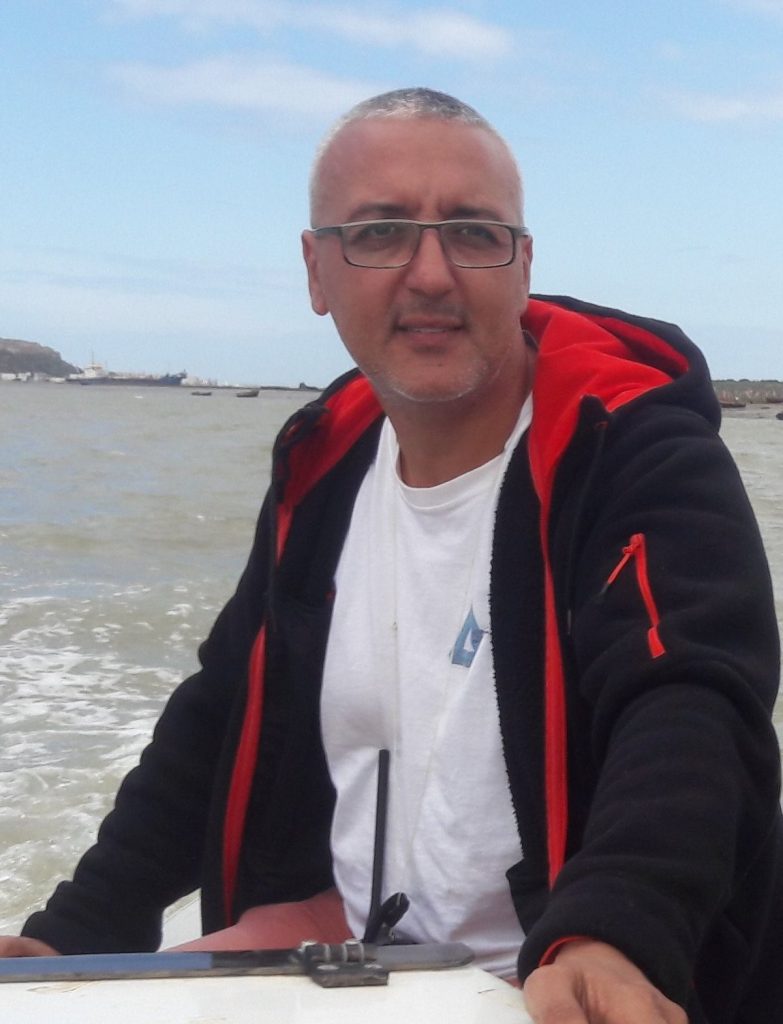
Hicham Masski
Hicham Masski is a marine ecologist at the National Institute for Fisheries Research in Rabat, Morocco. He interested in the ecology of fish communities in the context of exploited ecosystems. His main areas of research are the structure and organization of fish communities, essential fish habitat, and trophic interactions. The Moroccan marine ecosystems of the Atlantic and Mediterranean constitute his field of research, from transitional systems (lakes, estuaries and coastal ecosystems) to the deepest waters of the slope. He has acquired a solid knowledge over the past 22 years on Moroccan marine ecosystems, fish communities and fisheries. Marine mammals are a secondary field of interest and he is active in the national stranding network, a structure he directed for 12 years. He also develops research projects on cetacean conservation.
He has been a national representative to the Convention on Biological Diversity (CBD) and the Intergovernmental Science-Policy Platform on Biodiversity and Ecosystem Service (IPBES) since 2002. He participated in several CBD COPs as a supporting expert for marine ecosystems and fisheries issues, and was a lead author for IPBES assessments. Hicham participated in several technical workshops for Ecologically or Biologically Significant Marine Areas (EBSAs) designation (CBD) and Marine Spatial Planning processes development, and was part of the expert group involved in creating three MPAs for fisheries in Moroccan waters, as an expert in fisheries ecology.
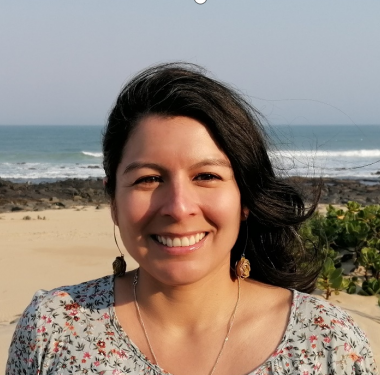
Kelly Ortega-Cisneros
Kelly Ortega-Cisneros is a research fellow at the Department of Biological Sciences at the University of Cape Town in South Africa. She is a biologist with experience in marine ecology, fisheries, climate change and ecosystem modelling. Kelly’s research focusses on the use of ecosystem modelling to investigate the functioning and management of marine ecosystems. Other research interests include the influence of environmental variability and climate change on marine ecosystems, and the vulnerability and adaptative capacity of species and ecosystems to climate change.
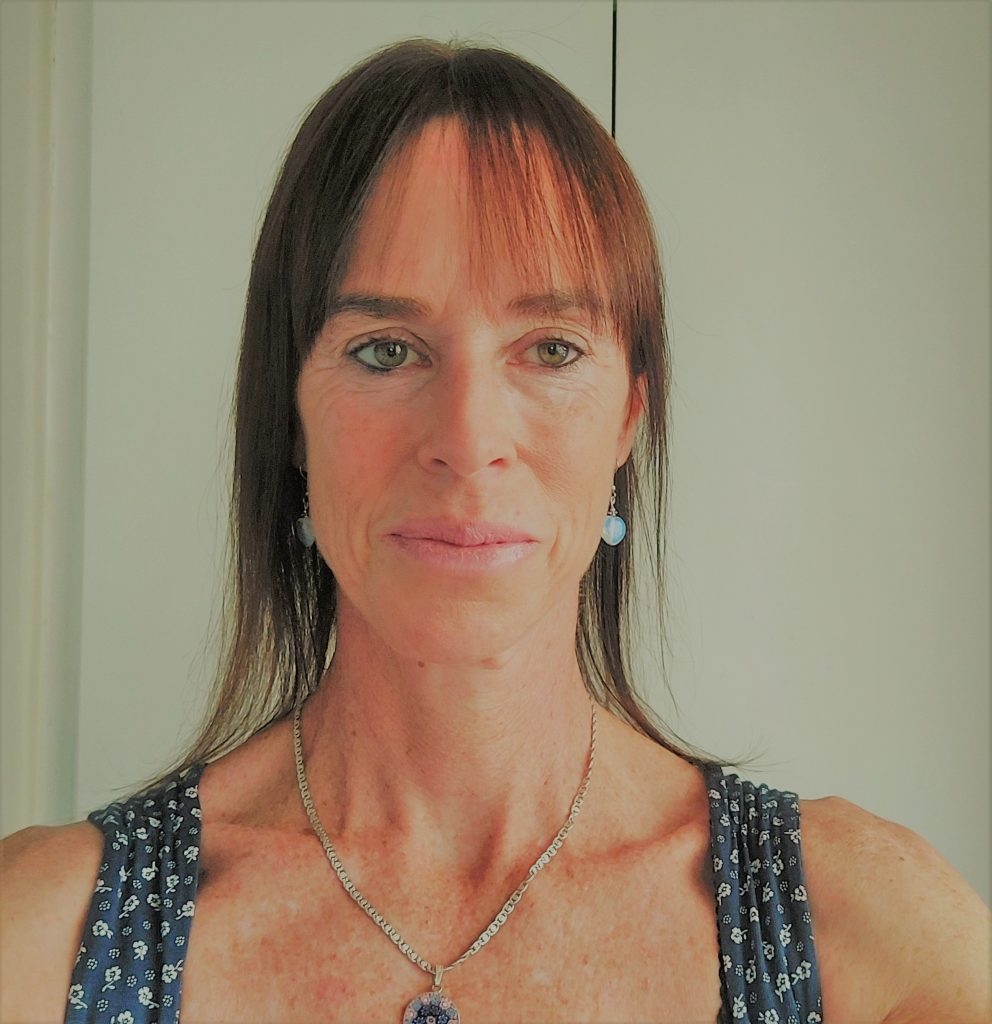
Lynne Shannon
With an educational background in marine ecology and oceanography, and a professional background in systems modelling, Lynne is interested in developing methodology in support of ecosystem-based management, particularly using ecosystem models and indicators. Well known through her >150 peer-reviewed publications, she was a lead-author in Chapter 2 of the Intergovernmental Science-Policy Platform on Biodiversity and Ecosystem Services (IPBES) Global Biodiversity Assessment and is co-ordinating Lead Author of “Visions of a sustainable world – for nature and people” in the IPBES Global Transformative Change Assessment currently underway. Lynne is partner and case study lead in several global ongoing research projects and leads a South African marine research group with expertise in social-ecological modelling. In 2022, she received the Gilchrist Memorial Award “in recognition of the contributions of a distinguished scientist to marine science, to further stimulate excellence in South African marine science and to focus attention on South Africa’s marine and coastal environments”.
Workshop 3: Governance transformations for resilient coastal fisheries and aquaculture
Co-convenors: Derek Armitage, Cecilia Engler-Palma, Mohamed Naji, Micaela Trimble
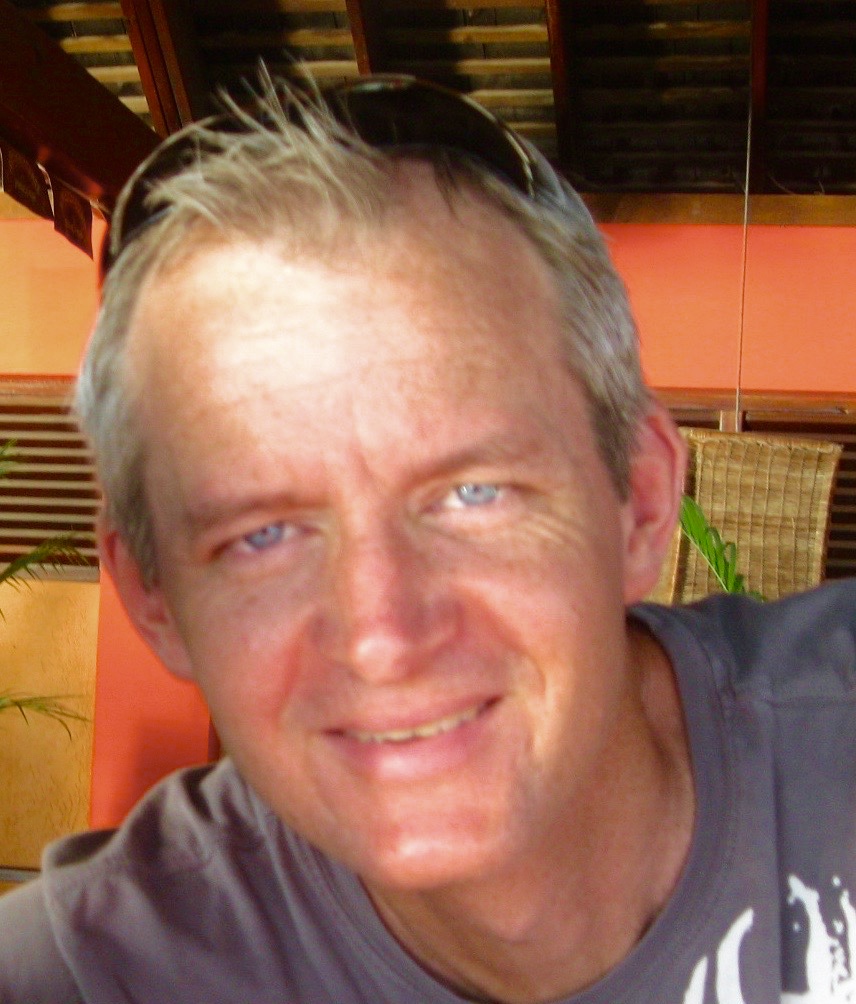
Derek Armitage
Derek Armitage is Professor in the School of Environment, Resources and Sustainability, University of Waterloo (Canada). His interests focus on the interactions among environmental change and governance, with particular interests in co-management, knowledge co-production and resilience of coastal communities. He is co-lead of the Vulnerability to Viability Global Partnership for Small-Scale Fisheries, member of the Independent Science Panel of the Sustainable Seas Science Challenges (New Zealand), and advisor to the UN Decade of Ocean Science-endorsed project, ‘Fisheries Strategies for Changing Oceans and Resilient Ecosystems by 2030’.

Cecilia Engler-Palma
Cecilia Engler is a Postdoctoral Fellow with the Marine & Environmental Law Institute, Schulich School of Law, Dalhousie University. Her research interests include the progressions and challenges of resilient ocean management under international and domestic legal frameworks. Her work has focused on the law of the sea, international fisheries, marine biodiversity conservation, oceans and the climate change regime, and the ecosystem approach to ocean management. Her doctoral dissertation examined the procedural and substantive legal requirements for the effective implementation of an ecosystem approach, with a focus on the regulation of marine finfish aquaculture.
Cecilia holds a law degree from the Universidad de Concepción, Chile. She worked for the Chilean National Fisheries Service and the Undersecretariat for Fisheries and Aquaculture for ten years. She completed her LLM at the Schulich School of Law and was awarded the Dalhousie University 2011 Governor General’s Gold Medal in Humanities and Social Sciences for her Master of Laws thesis “Allocation of Fishing Opportunities in Regional Fisheries Management Organizations: A Legal Analysis in the Light of Equity”. She held a Vanier Canada Graduate Scholarship, 2012-2015; an Honorary Izaak Walton Killam Predoctoral Scholarship, 2012-2013; and an Izaak Walton Killam Predoctoral Scholarship 2008-2010. She has also received several other academic awards both in Canada and Chile.
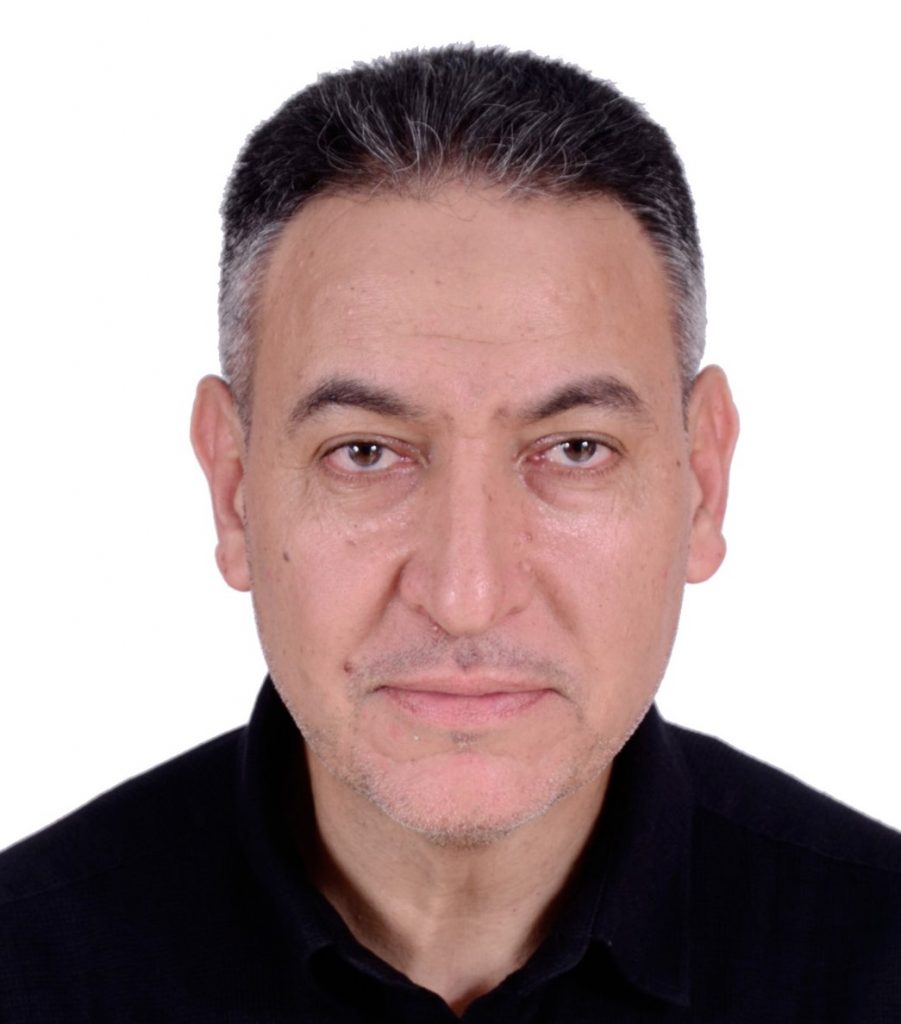
Mohamed Naji
Professor Mohamed Naji is a fisheries economist. He is the head of the Fisheries and Aquaculture Department at the Hassan II Agronomy and Veterinary Medicine Institute in Rabat, Morocco.
Naji has supervised many academic research studies on the Moroccan fisheries sector. He has also participated in several studies and sector development projects in Morocco, other parts of Africa and in the Arab region. He has extensive experience in fisheries management and value chain development approaches, particularly for artisanal fisheries in the African context. Other areas of expertise include fisheries management combined with value chain analysis, fisheries and aquaculture planning, ecosystem approach to fisheries and fisheries ecolabelling.
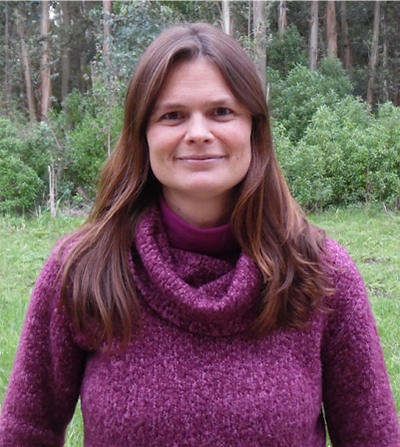
Micaela Trimble
Micaela Trimble’s research (with inter/transdisciplinary approaches) focus is on governance and co-management of social-ecological systems (watersheds, small-scale fisheries, protected areas), public participation (including the development and evaluation of deliberative participatory processes), and adaptation to climate change. She leads a line on adaptive water governance (GovernAgua Project, GobHidro Project), as well as the recently created Latin American Network of PECS (LAPECS), the Programme on Ecosystem Change and Society. She is a founding member of the Latin American Network for Participatory and Collaborative Research on the Commons.